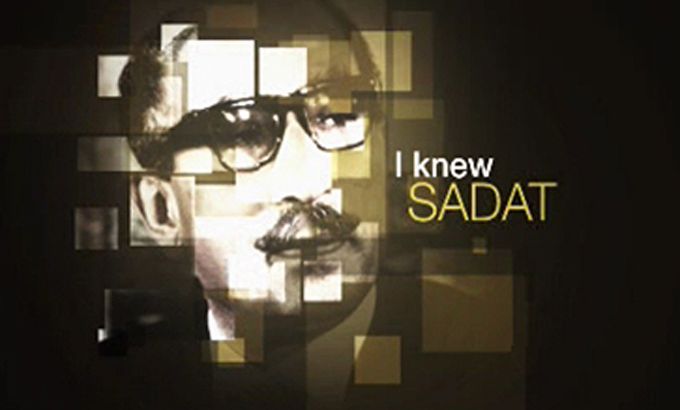
I knew Sadat
Al Jazeera looks at the life of the late Egyptian president Anwar al-Sadat.
Mohammed Anwar al-Sadat was born in 1918 into a modest family in a poor village in the Nile delta.
Influenced from a young age by nationalist politicians such as Kamal Atatürk, the founder of the Turkish republic, Sadat hoped to end British occupation .
He graduated from the military academy when he was 20-years-old, but being an army officer did not prevent him from joining underground resistance movements.
With the second world war raging, Sadat calculated that Egypt’s best chance of overthrowing British rule lay in a German invasion. In 1942, he was accused of consorting with a Nazi spy network in Cairo, fired from the army and imprisoned.
He was released from prison in 1948 and shortly after joined the nationalist Free Officers Movement, which had been founded by Jamal Abdul Nasser.
In July 1952, the young officers carried out a military coup that culminated in the overthrow of King Farouk and which subsequently brought more than 70 years of British colonisation to an end.
In 1969, Nasser, appointed Sadat as his vice-president. Within a year, he was president.
Spotlight
Sadat inherited a nation in turmoil, one whose army was still reeling from its crushing defeat to Israel in the 1967 Six Day War.
Sadat turned to the Russians in an attempt to re-build the Egyptian army’s arsenal, but – unlike his predecessor – he believed it was a mistake to rely solely on Soviet backing and instead began to court the US.
On October 6, 1973, in a move calculated to attract US attention, Egyptian forces crossed the Suez Canal, capturing a narrow strip of land. After three weeks of fighting and with a fragile UN ceasefire in place, Sadat’s grand plan came to fruition.
In November, Henry Kissinger, the US national security adviser, arrived in Cairo for talks. Agreements between Israel and Egypt were brokered and the following year Richard Nixon, the US president, visited Egypt for the first time.
A series of diplomatic efforts ensued which ultimately led to an historic peace agreement between Egypt and Israel and Sadat’s highly symbolic visit to the Israeli Knesset.
Sadat stepped into the international spotlight while the whole world watched, but the Egyptian president was also being closely observed by forces within his own country who opposed his moves.
On October 6, 1981, while watching a military parade in Cairo, Sadat was assassinated by four gunmen from a militant Islamist group.
While some saw him as a visionary others perceived him as a traitor.
I Knew Sadat talks to his supporters and his critics, and uncovers a life that in many ways changed the way Egypt is seen by others and by itself.
Editor’s note: This documentary first aired in September 2009.